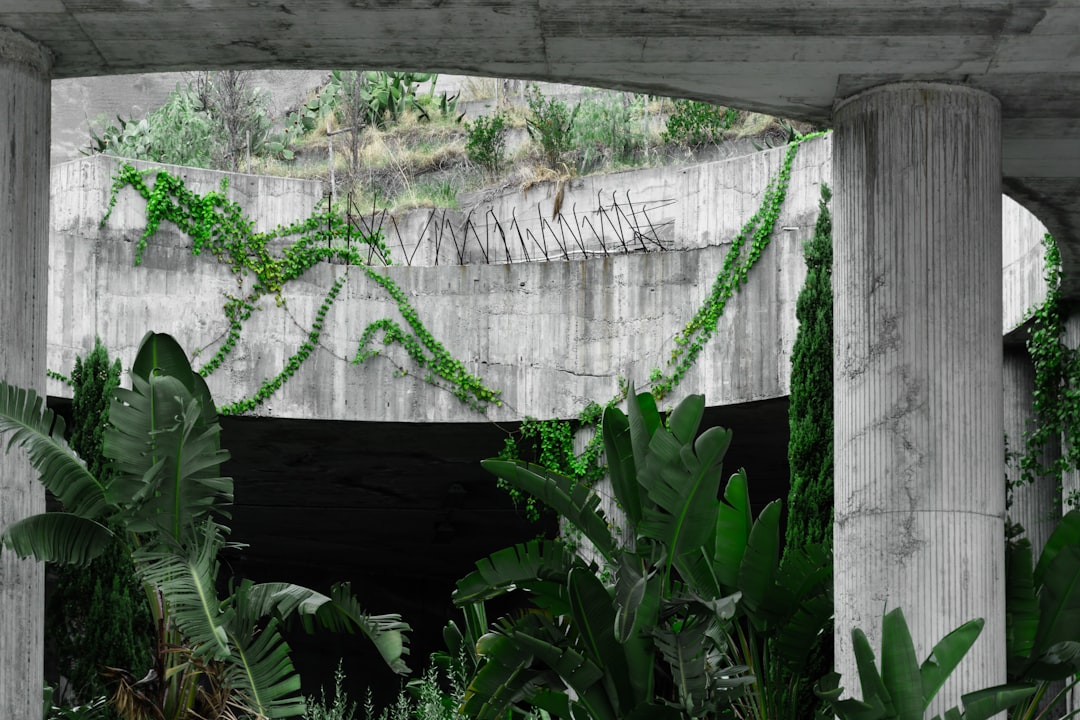When it comes to construction projects that involve concrete work, having the right type of formwork plywood is crucial. Formwork plywood, also known as a concrete form ply, plays a significant role in supporting freshly poured concrete until it sets and hardens. Different types of formwork plywood are available, each with unique characteristics and uses depending on the requirements of the project. In this article, we will explore various types of formwork plywood and their specific applications.
1. Wood Panel with Smooth Finish
A wood panel with a smooth finish is ideal for concrete formwork applications where a polished surface is desired on the final concrete structure. This type of formwork plywood helps in achieving a sleek and flawless finish on the concrete, making it perfect for projects where aesthetics are crucial.
2. MDO Plywood (Medium Density Overlay)
MDO plywood is a type of formwork plywood that is coated with a resin-impregnated fiber overlay on both sides. This overlay provides extra durability and smoothness to the plywood, making it highly resistant to moisture, chemicals, and abrasion. MDO plywood is commonly used in concrete formwork applications where longevity and strength are essential.
3. Phenolic Plywood
Phenolic plywood, also known as film faced plywood, is a popular choice for concrete formwork due to its high resistance to water, chemicals, and wear and tear. The phenolic film coating on this plywood ensures a smooth and non-absorbent surface, making it perfect for multiple uses in concrete construction projects.
4. Film Faced Plywood
Film faced plywood is a type of formwork plywood that is specially designed for repeated use in concrete formwork applications. The smooth film surface of this plywood allows for easy demolding of the concrete, resulting in a seamless finish on the concrete structure. Film faced plywood is durable and cost-effective, making it a preferred choice for many construction projects.
5. Marine Plywood
Marine plywood is a high-quality formwork plywood that is manufactured using waterproof glue and durable wood veneers. This type of plywood is specifically designed to withstand exposure to moisture, making it suitable for concrete formwork applications in wet or damp conditions.
6. Structural Plywood
Structural plywood is a versatile formwork material that offers strength and stability to concrete formwork structures. With its high load-bearing capacity and resistance to bending and warping, structural plywood is ideal for supporting heavy concrete loads during construction.
7. Shuttering Plywood
Shuttering plywood is a type of formwork plywood that is used in vertical formwork applications such as walls, columns, and beams. This plywood is designed to withstand the pressure of the concrete and provide a smooth and even surface finish after demolding.
8. Laminated Plywood
Laminated plywood is a formwork material that consists of multiple layers of wood veneers glued together. The lamination process gives this plywood increased strength and stability, making it suitable for use in various concrete formwork applications.
9. Hardwood Plywood
Hardwood plywood is a durable and robust formwork material that is made from hardwood veneers. This type of plywood offers superior strength and resistance to moisture, making it an excellent choice for concrete formwork in demanding construction projects.
10. Softwood Plywood
Softwood plywood is a cost-effective formwork material that is made from softwood veneers. While softer than hardwood plywood, softwood plywood is still strong and versatile, making it a popular choice for temporary formwork applications.
11. Insulated Plywood
Insulated plywood is a specialized formwork material that features an insulating layer between the plywood panels. This type of plywood is used in concrete formwork applications where thermal insulation is required to prevent rapid temperature changes during the curing of the concrete.
12. Recycled Plywood
Recycled plywood is an environmentally friendly formwork material that is made from reclaimed wood fibers or recycled plywood panels. This sustainable option is suitable for concrete formwork applications where a green building approach is desired.
Final thoughts
Choosing the right type of formwork plywood for your construction project is crucial to ensure the success and durability of the concrete structure. Each type of formwork plywood offers unique features and benefits that cater to specific requirements, so be sure to select the most suitable option based on the needs of your project. Whether you opt for a wood panel with a smooth finish, phenolic plywood, or film faced plywood, investing in high-quality formwork plywood will contribute to the overall quality and longevity of your concrete construction.

